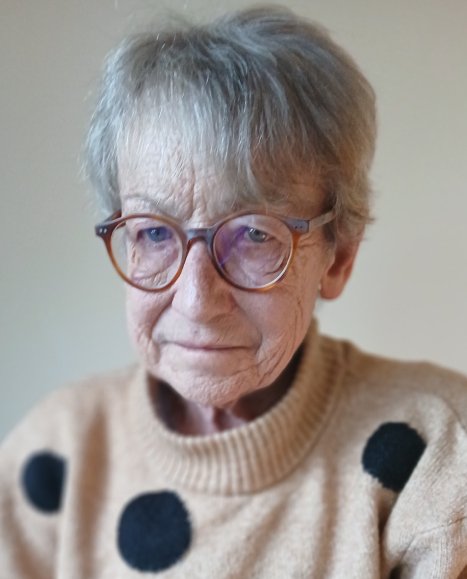Julia Sloth-Nielsen - Emeritus Professor, University of the Western Cape

Julia Sloth-Nielsen has been involved in children’s rights reforms for more than 30 years. In her native South Africa, she worked to reform child justice law for more than a decade, as a member of the project team that developed the Child Justice Act 75 of 2008. She has also worked on juvenile justice reform in Mozambique, Kenya, Namibia, Zimbabwe, Botswana, South Sudan, Myanmar, and Sri Lanka. She drafted the 2011 Kampala Guidelines on Action for Children in the Justice Systems in Africa, which was adopted by the African Committee of Experts as a guiding tool for the consideration of State Part reports under the African Charter on the Right and Welfare of the Child. She also drafted the African Child Policy Forum/DCI publication ‘Spotlighting the Invisible: Access to Justice for Children in Africa.’ She is currently working on various assignments linked to the ‘Reimagine Justice’ agenda supported by UNICEF.
She has published extensively on juvenile justice and related themes such as child protection and child abuse, as well as on restorative justice. In addition, she has supervised many PHDs, including in fields related to juvenile justice, as well as numerous LLM theses. She continues to work collaboratively at the international level, as well as within domestic legal systems, with a focus mainly on African jurisdictions. She has been teaching a dedicated LLB case on child justice for more than 25 years, producing graduates who have become legal representatives of children in conflict, prosecutors, and magistrates, all with specialised knowledge of child justice.
What current challenges would you identify as the most urgent to tackle to advance the implementation of child-friendly justice in African countries?
I believe that the challenges of reducing the deprivation of children’s liberty remains a key objective for most African States. This requires ongoing attention from stakeholders, cooperation between justice sector roleplayers, and continuous training.
Regarding the implementation of diversionary measures from the justice system for children, how would you assess the evolution of African countries in the past decade?
The implementation of diversion across Africa is patchy. In some places, it is well established (South Africa and Zimbabwe are two examples), but in other places it is only just getting off the ground. A useful regional assessment for southern and eastern Africa can be found in ‘Diversion of children in conflict with the law in Eastern and Southern Africa’ (UNICEF, October 2023).
How would you assess the implementation of restorative justice for children during the same period?
It seems that experience with implementing restorative justice linked to juvenile justice systems has waned in recent times. It is not clear why this has happened, it could be linked to a loss of skills amongst juvenile justice roleplayers when people with the necessary skills move on to other posts.
Regarding child justice, which African countries do you believe are currently leading the way in implementing laws and policies that align with the principles of the Convention of the Rights of the Child?
I think that there are quite a few. Kenya has a recent new Children’s Act of 2022, as does Zambia. Implementation of South Africa’s Child Justice Act is monitored annually, and Malawi has a well-developed system of specialist children’s courts. Further north, I have seen interesting material from Mauritania, and Uganda recently launched Diversion Guidelines that allow children below 18 years who commit petty offences to be diverted to programmes that help them reconcile with victims instead of being tried in court.
As an academic in the field of child justice, what do you believe a curriculum for law students specialising in child-friendly justice should include?
I think that a curriculum would include the legal framework applicable to that jurisdiction, some special attention to child development and the development of criminal capacity as backdrop, information about representing children in court, and of course diversion and alternative sentencing possibilities.
Currently, what are the areas of research on child justice in Africa that you feel should receive more attention?
Oftentimes, what seems to be missing is a practical glimpse at how child justice is working, e.g. how many children are in various forms of custody, what they are there for, how long they spend in pre-trial detention, whether they have legal representation, and so forth. Hardly anything is known about girls in contact with justice systems, too. However, this kind of research is time consuming and can be costly, in order to get ‘hands on’ information.
Can you tell us more about your current involvement in the work of the ‘Reimagine Justice’ agenda supported by UNICEF?
I have completed five technical briefs for country offices, on topics such as ‘Mental health and psychosocial support for children in contact with justice systems’, and the ‘social service workforce and children in contact with justice systems’. The briefs cover children in conflict with the law as well as children in contact with justice systems for other reasons, e.g. as victims. I am currently updating five training manuals on children and justice as part of the assignment. Both are still in process though, as UNICEF validation is underway.